Research and resources on social cohesion theory and best practice.
The Belong Network Library
Research and resources on social cohesion theory and best practice.
Research and resources on social cohesion theory and best practice.
Research and resources on social cohesion theory and best practice.
The Belong Library is free to access and brings together a wide range of online resources produced by the public, private and civil society sectors to build the evidence base around social cohesion.
It is regularly updated and includes:
Please contact us if you are unable to find what you need – we’d be delighted to help.
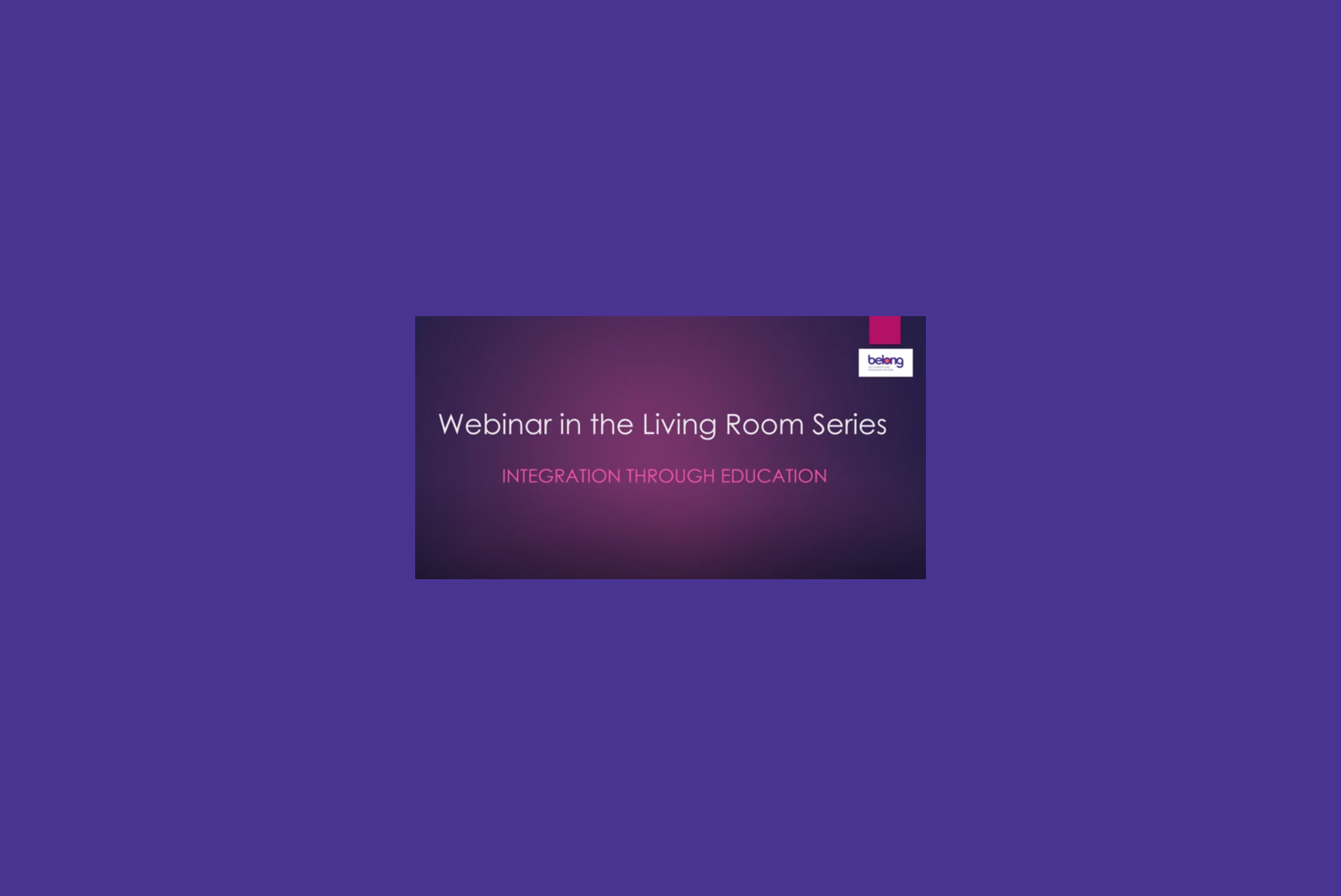
In March we hosted Living Room 2: Integration Through Education, a series of one-hour online seminars that explored this topic from a range of different perspectives.
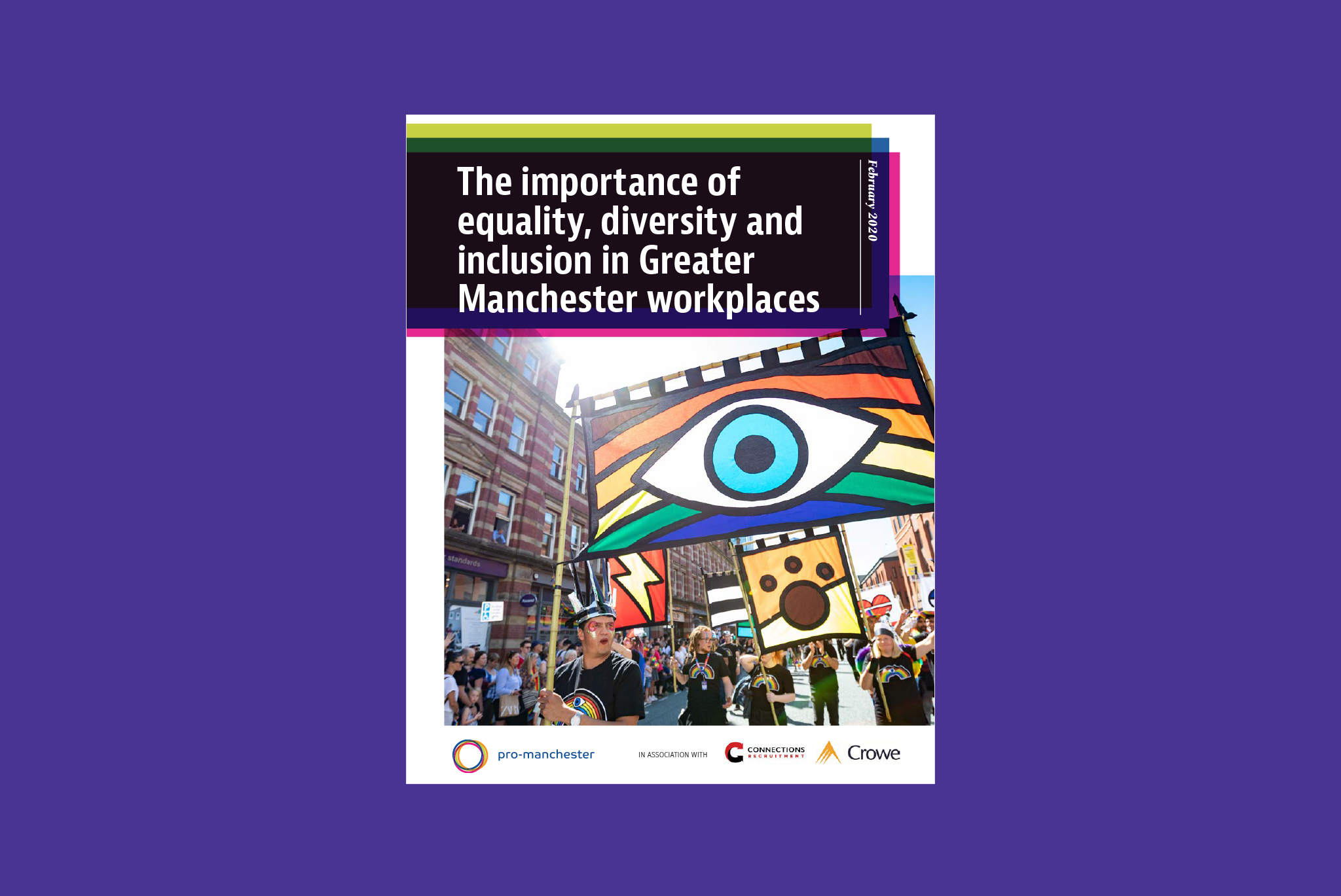
New research from Pro-Manchester shines a spotlight on the state of equality, diversity and inclusion in the city region, and finds businesses in need of help to move forward. This report, which shares some of the main findings, focusses on how to create a fairer workplace – and why this agenda really matters.
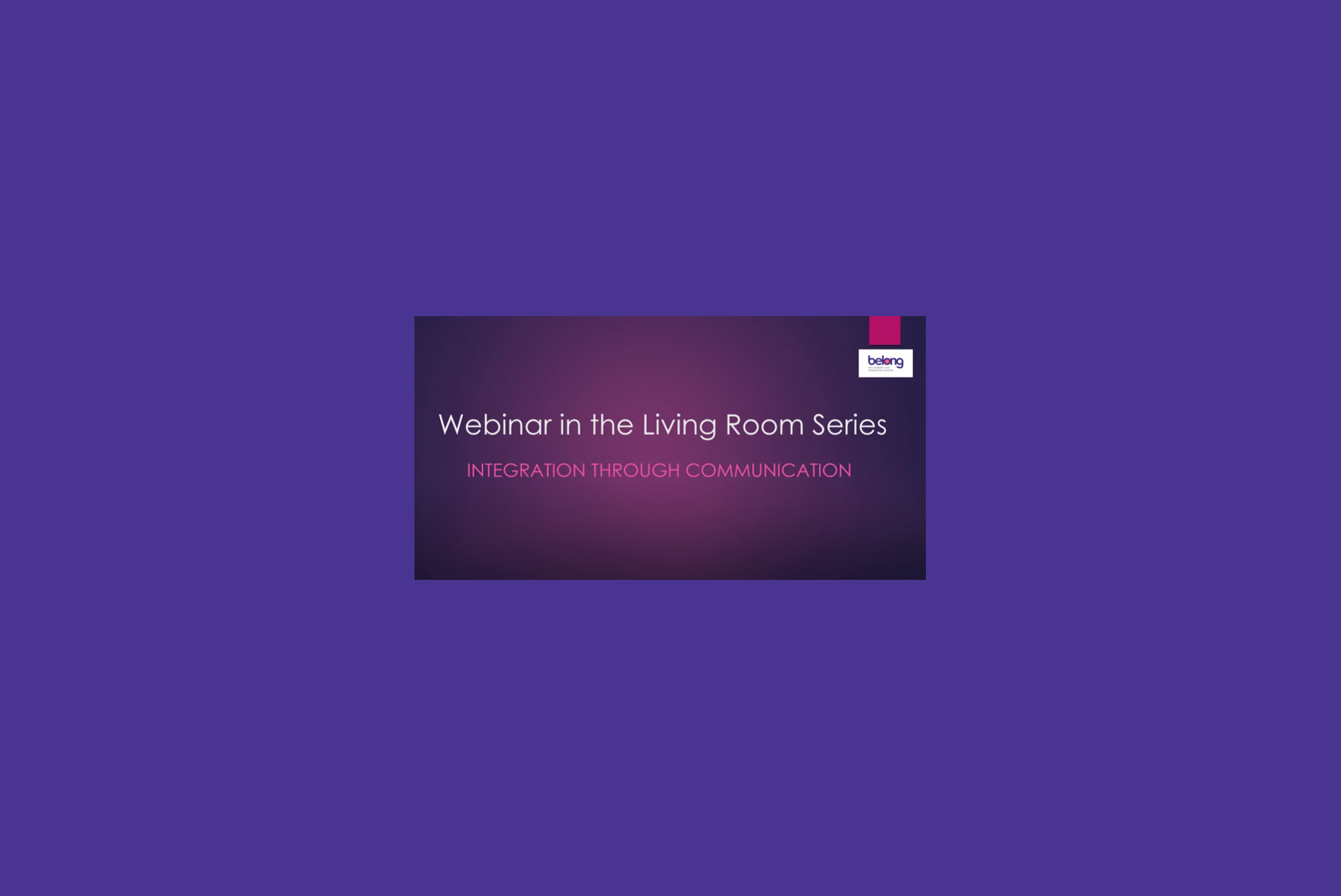
In February we launched the first of our Living Room series webinars, Communication for Integration, a series of one-hour online seminars that explored this topic from a range of different perspectives.

This report from Sport England looked at findings from more than 100,000 people over 2 years, to give the most comprehensive picture of how people from BAME backgrounds are taking part in sport and physical activity.
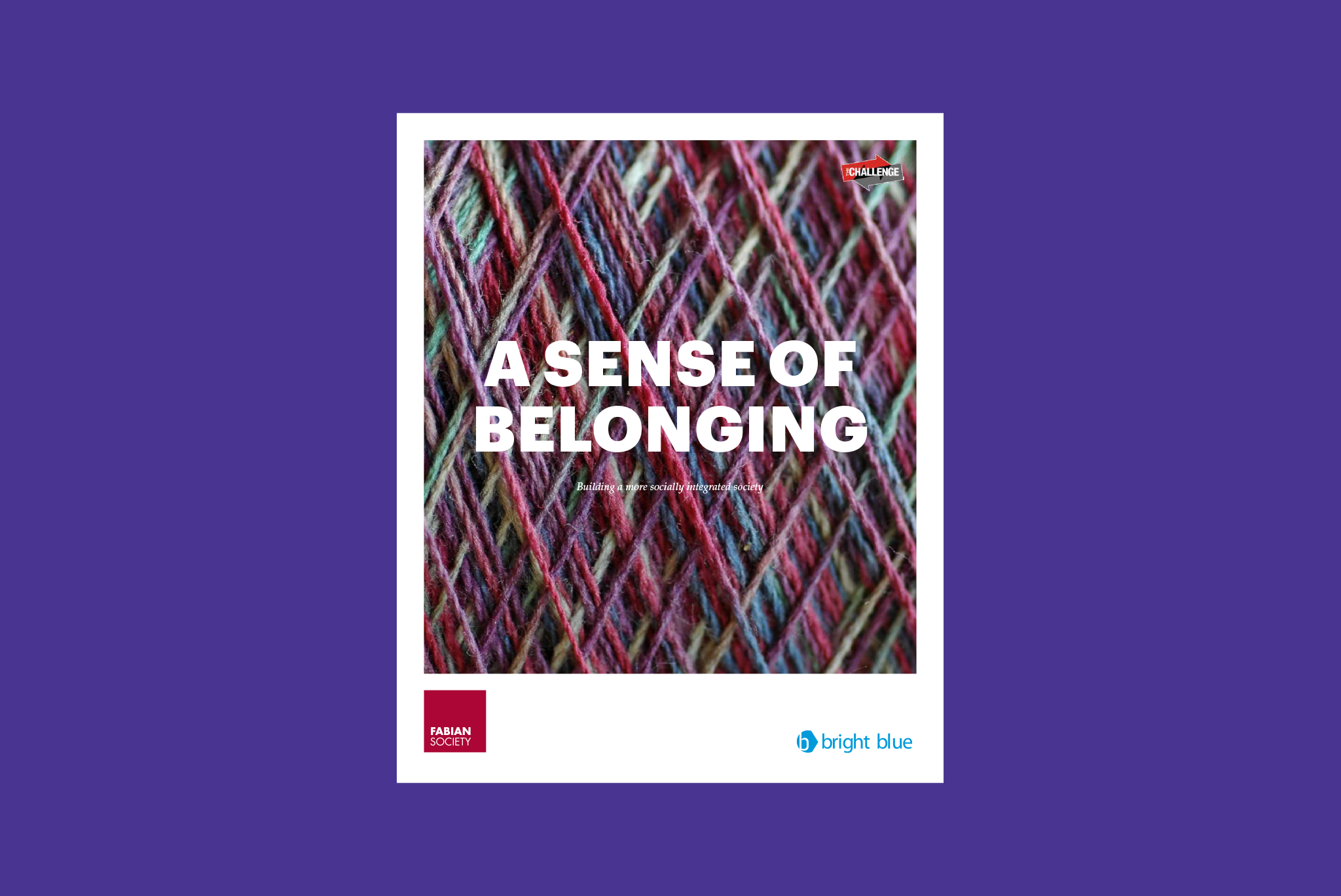
This essay collection, published in partnership with the Fabian Society and Bright Blue think tanks, includes thought pieces on social integration from a range of leading voices on the topic, including: Dame Louise Casey, author of the 2016 Casey Review into integration and opportunity, Chuka Umunna MP, chair of the All-Party Parliamentary Group (APPG) on Social Integration, and Lord James O’Shaughnessy, former director of policy and research for prime minister David Cameron.
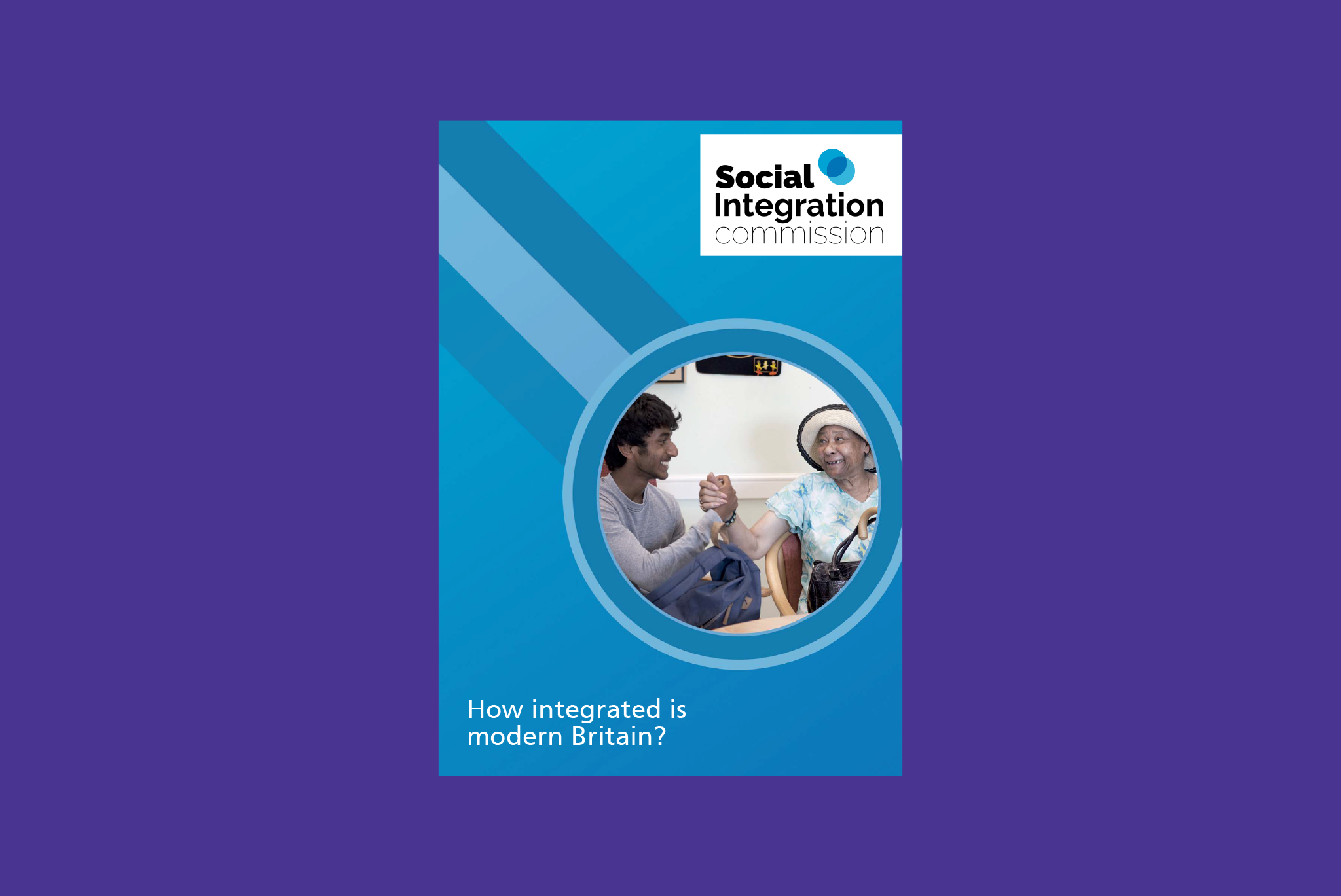
The Challenge provided the secretariat for the Social Integration Commission throughout 2014 and early 2015. The Commission, which was chaired by chief executive of the Royal Society of Arts (RSA), Matthew Taylor, explored the way in which people from different ethnic, age and income groups relate to one another in modern Britain, and made a set of practical recommendations to government, businesses, civil society organisations and individuals as to how we can create a more socially integrated and cohesive society.
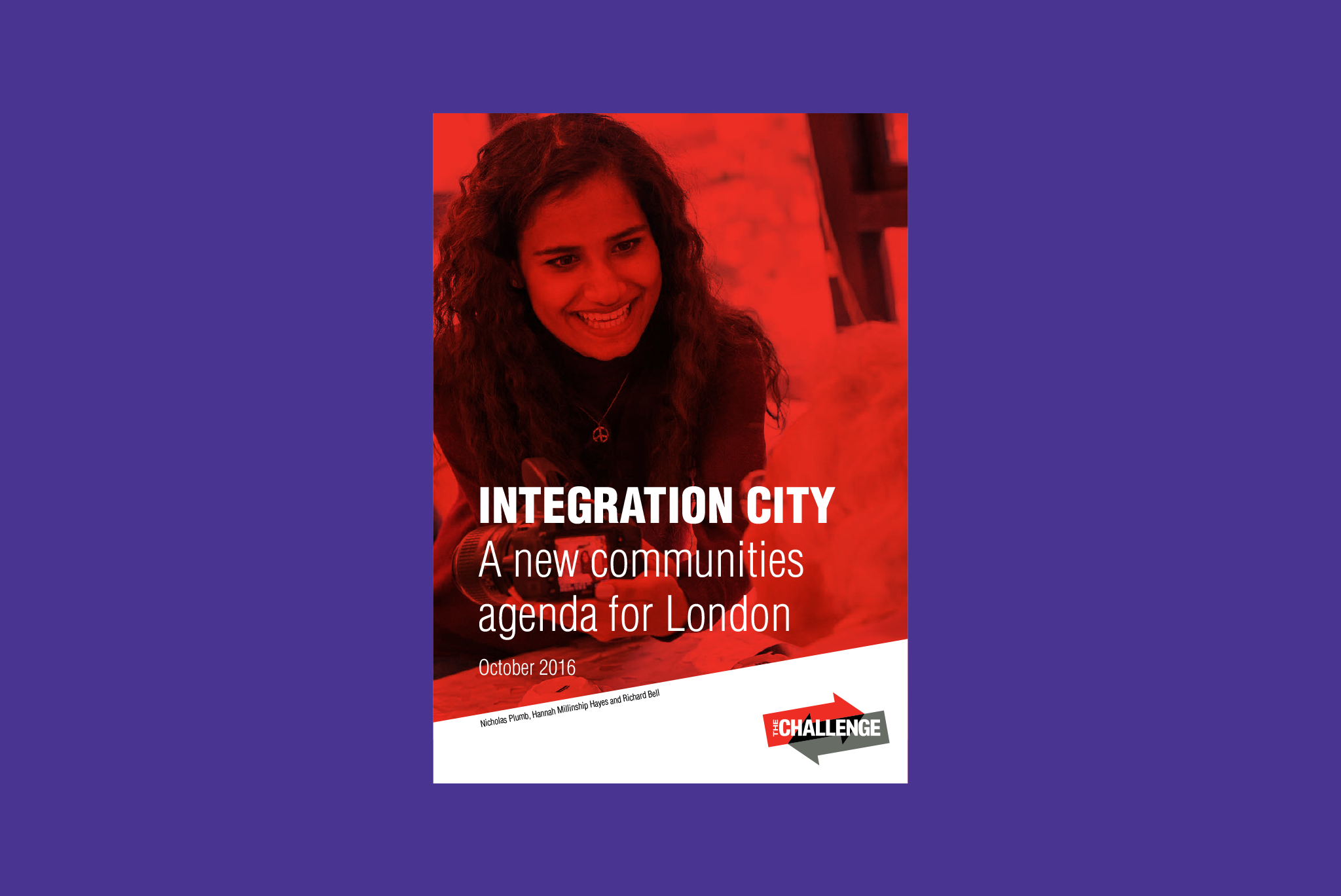
This report explores the diverse yet divided nature of the UK’s capital city, London. It demonstrates that despite Londoners being very fond of the variety of backgrounds and cultures that the city has within it, contact between people from different backgrounds is not as frequent as one might expect. The report goes on to show why meeting and mixing across social divides is good for health, wellbeing and reducing prejudice, and sets out a number of solutions for making our capital a truly integrated one.
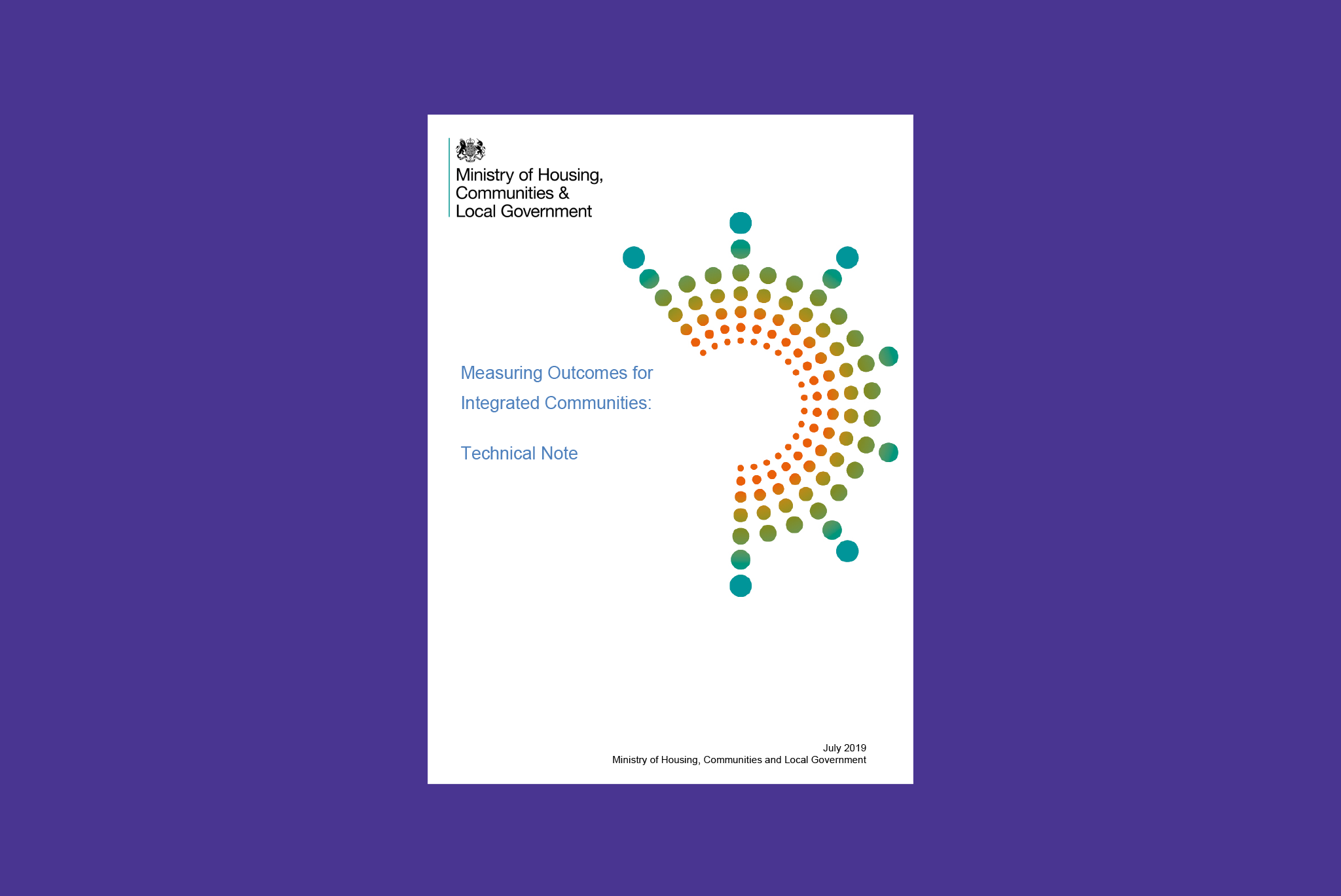
The Measuring Outcomes for Integrated Communities: Technical Note (published in 2019) sets out how the government will measure and monitor integrated communities across England. The report explains the background to selected indicators and their links to the Integrated Communities Strategy (2018) and Action Plan (2019). It also looks at the sources of data from which these indicators are built on.
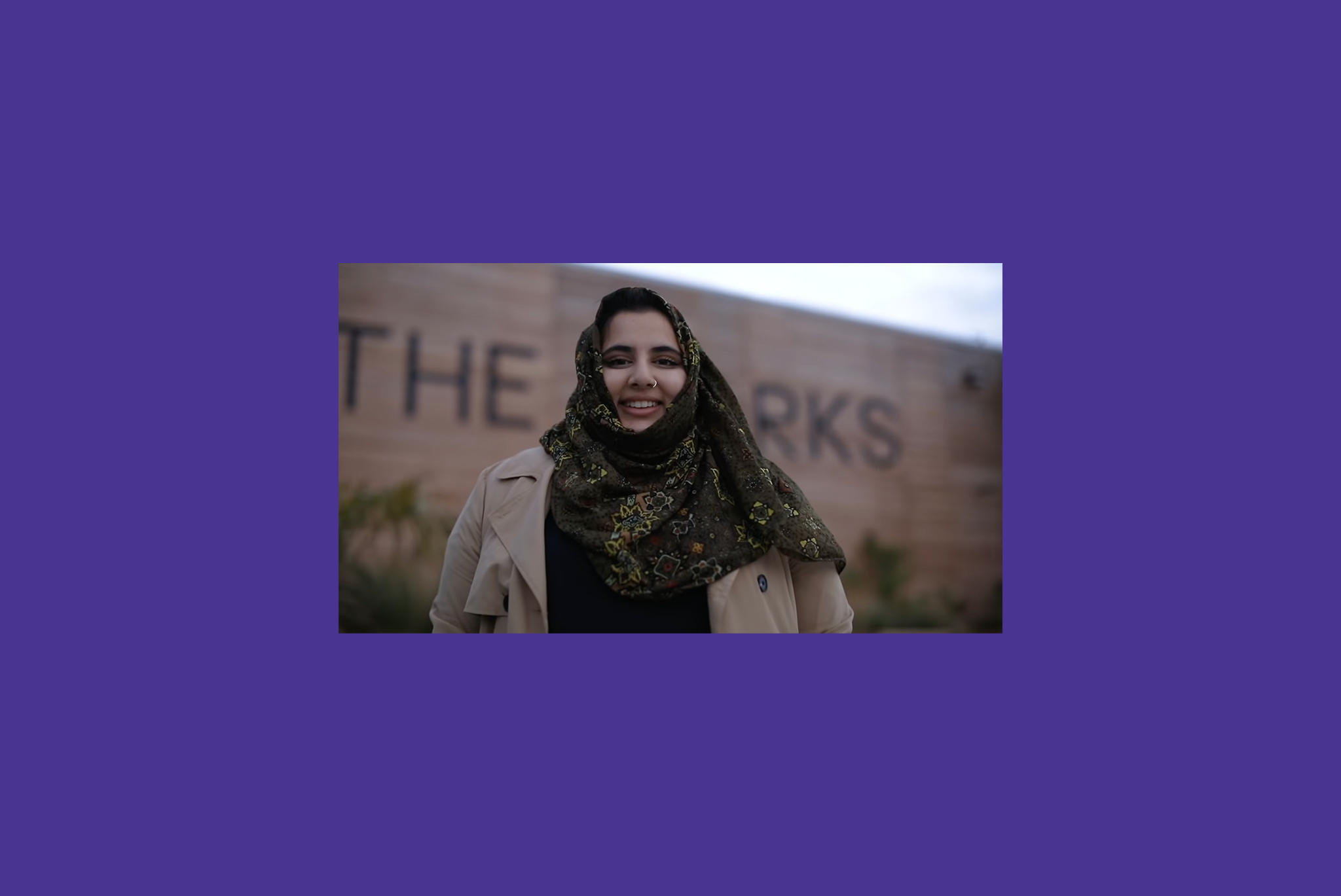
‘A letter to the town that raised me’ is a poem presented by Saleha Latif, Empoword artist and ambassador of Aik Saath, a Slough based youth led cohesion charity.
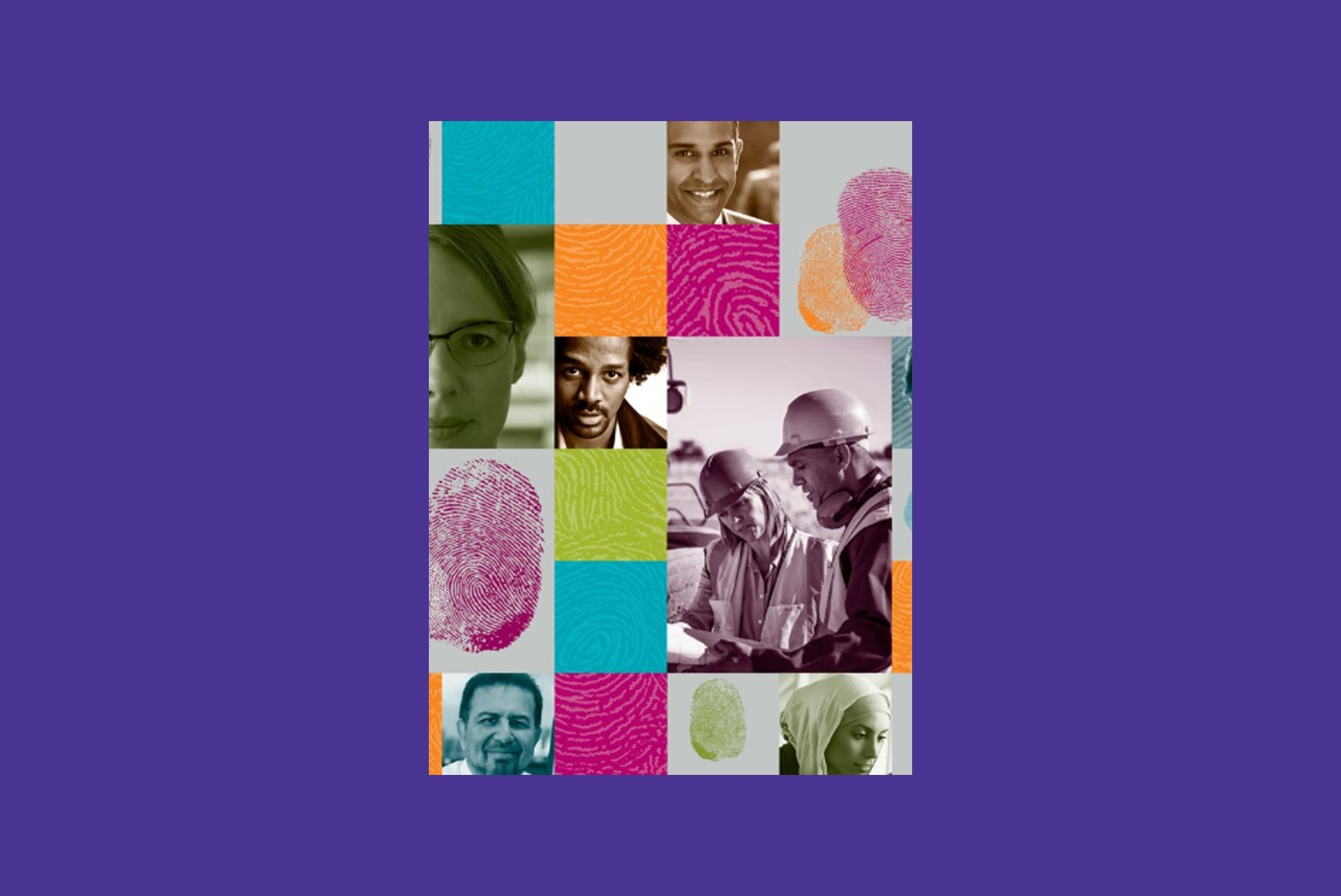
This resource shows findings indicating that when companies commit themselves to diverse leadership, they are more successful. It is aimed at employers and businesses looking to improve workplace diversity. It contains research from both 2015 and 2018 on the links between company financial performance and ethnic, cultural and gender diversity in the workplace.